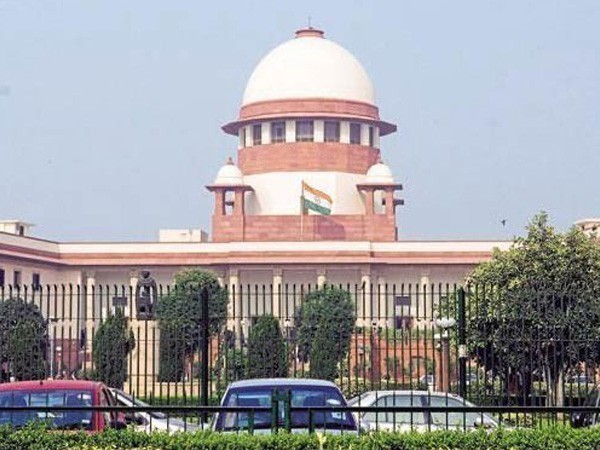Policy decision to get best operator at best price cannot be said to be unreasonable: SC

- Country:
- India
A policy decision to get the ''best operator at the best price'' cannot be said to be unreasonable and the courts are not concerned with the ultimate decision but the decision-making process while judicially reviewing the actions of the Executive, the Supreme Court held on Tuesday.
The verdict of the top court came on an appeal filed by the Punjab State Power Corporation Limited (PSPCL), in which it set aside the judgment of the Punjab and Haryana High Court that had held that Emta Coal Limited will have the first right of refusal in a matter of lending of mining lease.
PSPCL had granted the mining lease in favour of the company in 2000 for the purpose of development of captive coal mines in Jharkhand for the production of electricity in the state.
However, the apex court later cancelled all the coal block allocations and in the subsequent process, the company could not get the mining lease, leading to several court cases.
''A policy decision to get the best operator at the best price cannot be said to be a decision which no reasonable person would take in his affairs. In that view of the matter, the attack on the order (of the authority to grant mining lease)...is without merit,'' a bench headed by Justice L Nageswara Rao said.
The bench, which also comprised justices B R Gavai and B V Nagarathna, allowed the appeal of the PSPCL against the high court's verdict after holding that the mining lease has been granted following a competitive bidding process and the firm cannot claim a right to legitimate expectations and the first right to refusal.
''It could thus be seen that while exercising the powers of judicial review, the court is not concerned with the ultimate decision but the decision-making process. The limited areas in which the court can enquire are as to whether a decision-making authority has exceeded its powers, committed an error of law or committed a breach of principle of natural justice.
''It can examine as to whether an authority has reached a decision which no reasonable tribunal would have reached or has abused its powers,'' the judgment said.
Writing the judgment, Justice Gavai said it is not for the court to determine whether a particular policy or decision taken in the fulfilment of that policy is fair.
''The court will examine as to whether the decision of an authority is vitiated by illegality, irrationality or procedural impropriety. While examining the question of irrationality, the court will be guided by the principle of Wednesbury...the court will examine whether the decision of an authority is such that no authority properly directing itself on the relevant law and acting reasonably could have reached it,'' the judgment said.
It said PSPCL had decided to go in for a competitive bidding process for the purpose of eliciting the best operator.
Referring to a judgment, it said the decision-makers' freedom to change the policy in public interest cannot be fettered by applying the principle of substantive legitimate expectation.
''In the result, the impugned judgment and order passed by the High Court of Punjab and Haryana is unsustainable in law. The appeals are therefore allowed and the judgment and order passed by the High Court of Punjab and Haryana dated January 25, 2019 is quashed and set aside,'' it held.
In 2001, the Centre had allotted a captive coal block being Pachhwara (Central Block) Coal Mine in Jharkhand to the Punjab electricity body.
''However, on August 25, 2014, this court, in the case of Manohar Lal Sharma, held that the entire allocation of coal blocks made between 1993 and 2011, except those which were made through competitive bidding, were invalid, unfair, arbitrary and violative of Article 14 of the Constitution,'' the judgment noted.
As the company could not get the mining lease during subsequent tender proceedings, it went to the high court, which allowed its plea.
''We find that the reasoning adopted by the high court is totally wrong. Merely because the coal mine block was allotted to PSPCL, the same could not give any vested right in favour of EMTA, particularly in view of the language used in section 11 of the said Act.
''The reasoning given by the high court that PSPCL was within its rights to reject the arrangement if the performance of EMTA was unsatisfactory or if there was any other factor which the corporation found relevant enough to discard the arrangement altogether, in our view, is totally erroneous,'' the top court said.
(This story has not been edited by Devdiscourse staff and is auto-generated from a syndicated feed.)
ALSO READ
Supreme Court stays Allahabad HC order that declared UP Board of Madarsa Education Act 'unconstitutional'.
HRCP writes to Punjab CM, seeks attention to severe human rights violations in Pakistan
"Wanted to take the side over the line": Ashutosh Sharma on Punjab Kings' 200-run victory chase against Gujarat Titans
SAD alone can bring Punjab on road to development: Sukhbir Badal
Five killed, five injured in road accident in Punjab's Faridkot










